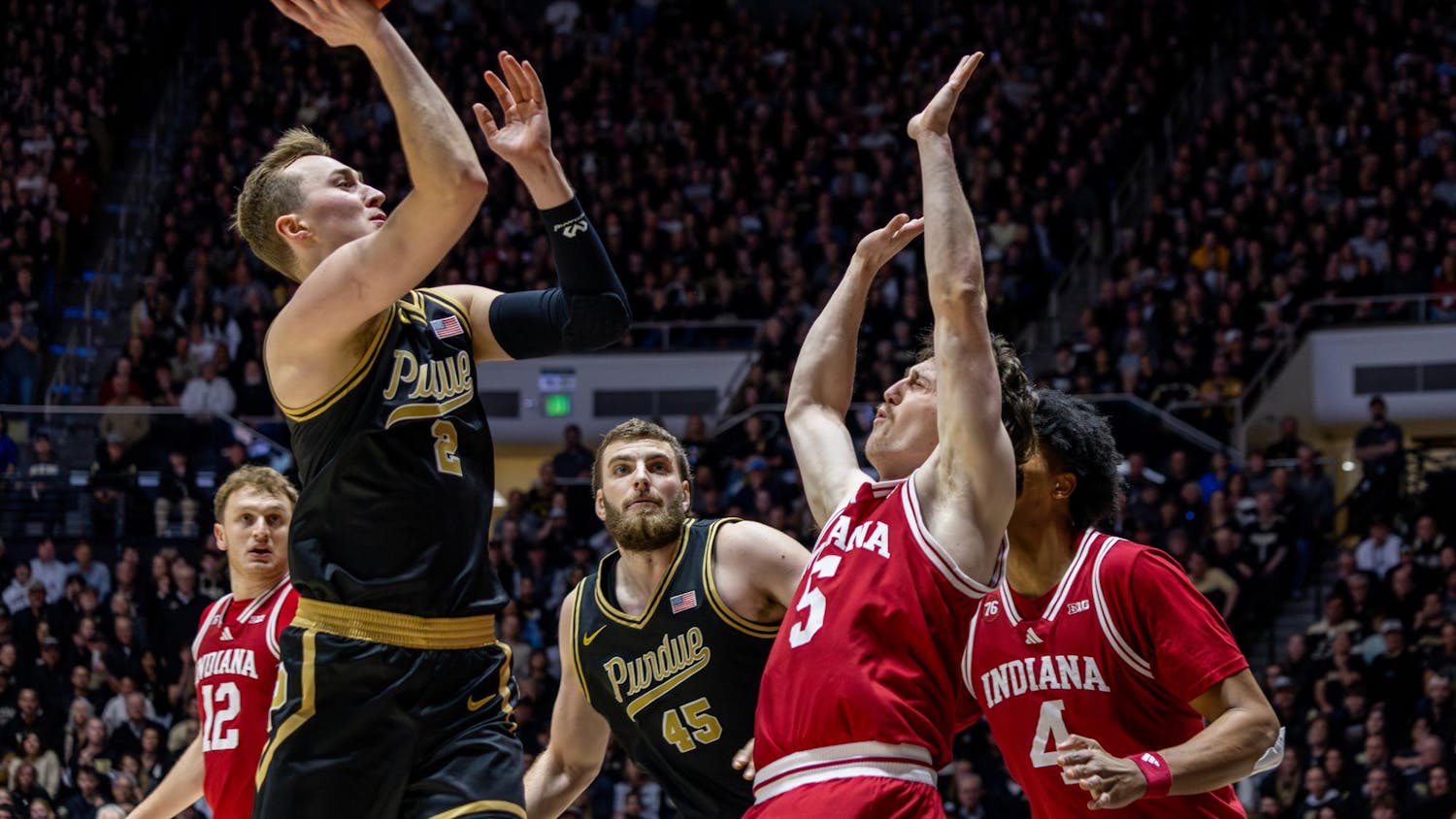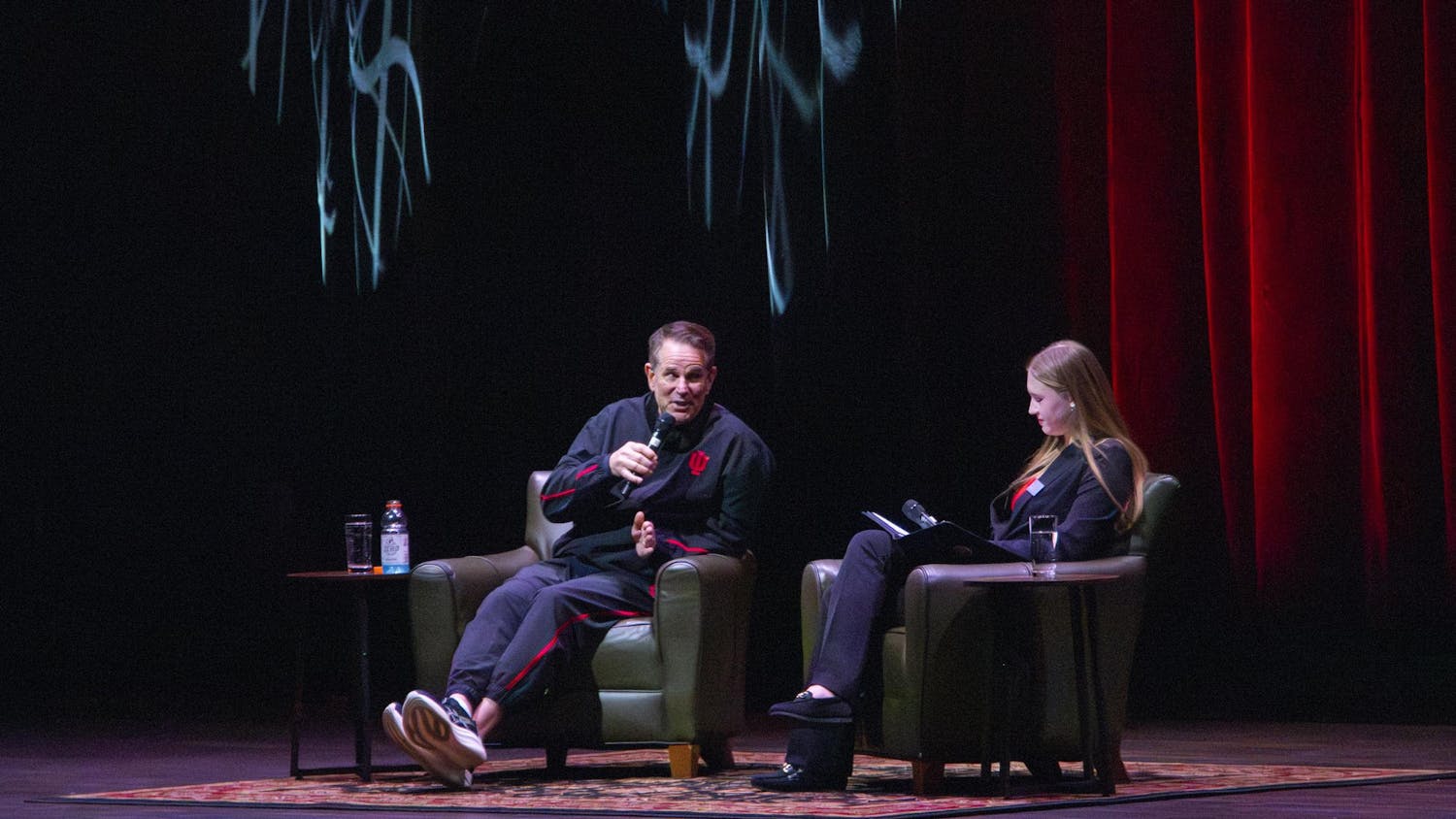Hayley Williams’ debut solo album “Petals for Armor” is an argument.
Initially rolled out across three EPs, as Williams teased individual songs leading up to the album’s May 8 release, I don’t mean an argument in the sense of two people fighting (though an unhappy relationship is the basis for most of the album).
Williams is desperately trying to convince the listener that she is a more interesting artist than she ever was with her rock band Paramore, the emo pop punk pocket of energy that started in the early 2000s. I’m not sure if I’m fully sold on the new Williams image, though I certainly don’t mind the pitch.
While the label “indie pop” hasn’t really meant anything for about a decade, Williams’ offering to the category seems to propose a definition of stripped down verses with interspersed choruses that pick one of two directions: funk or pure pop, all the while with a slightly cynical lens.
Maybe that’s why some of the songs particularly selling the vulnerability aspect of the album, in line with the titular metaphor, don’t quite work. The lyrics sound vague, and some tracks tend to sound like diet Paramore. Williams’ talent has always been emotional honesty, but in a darker, angrier vein than pop contemporaries.
Paramore’s 2009 album “Brand New Eyes” was my fifth grade emotional bible, and the vulnerability was always there. It’s just matured. Williams has always been a little mean, and the meanness has transmuted into the new album’s bright and bitter post-divorce jam “Dead Horse.”
Interestingly, it’s one of the most vulnerable songs on the album, even as others beg you to think she’s deep and complicated. As Williams recounts how the tainted foundation of a marriage that started as an affair crumbles, she includes a brutal bridge that’s just the repeated line, “When I said goodbye, I hope you cried,” a taunt that cuts deep.
Unlike “Dead Horse,” some of the songs seem a little undercooked. It’s hard to not think that the three-prong release strategy with five songs on each EP meant a little bit of the fat wasn’t trimmed. The weakest offerings are just retreads of previous tracks, with “My Friend,” “Sudden Desire” (which has a Demi Lovato soundalike chorus) and “Taken” as the hollowest offenders.
Weaknesses aside, Williams’ voice is a thing of beauty across the board. At one turn it's breathy and delicate like Billie Eilish, at another it’s a belt reminiscent of the Warped Tour days, all before delivering a beautiful, standard pop performance.
It shines on “Why We Ever,” my personal favorite of the album that switches halfway through from a retro bop to a bare-bones plea to just talk with an ex, a moment’s line plucked from the air and transmuted into something like pathetic prayer.
It’s infuriating that the album goes in between songs like “Why We Ever” and the wickedly fun “Creepin’” to its low points. A later track, “Sugar on the Rim,” is Williams doing her best Madonna impression to awkward, confusing effect.
As a whole, the album feels caught in between Williams genuinely exploring ideas and themes and trying to meet the pressures of the moment, from the three-EP release, to the songs that sound more radio-ready than emotionally vulnerable, the overly repetitive choruses (a problem that gets so old, old, old by the third track she does it on).
Williams has been in the public eye for 15 years, and I worry her harsher sides have become rounded down by demands of market appeal. The high points of the album prove that while an edgeless, Paramore-less Williams might not be a revolutionary artist, she’s at least smooth.






